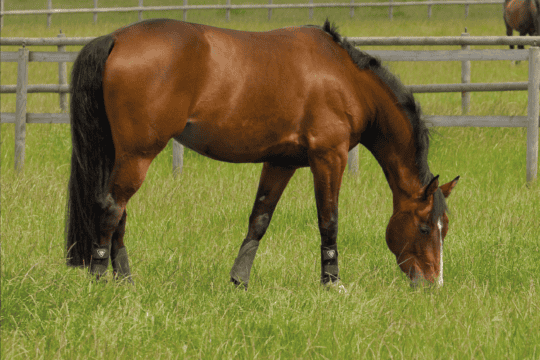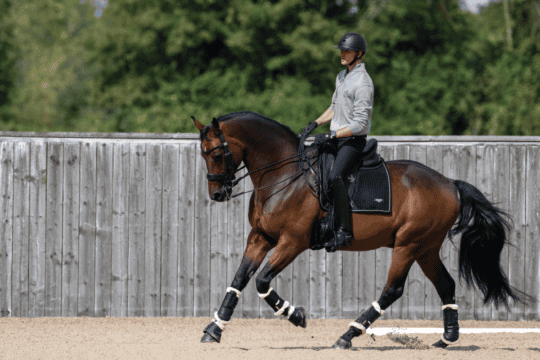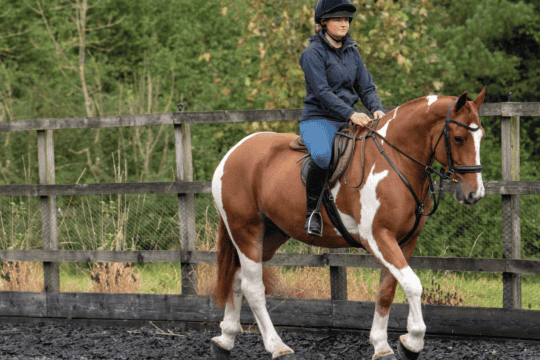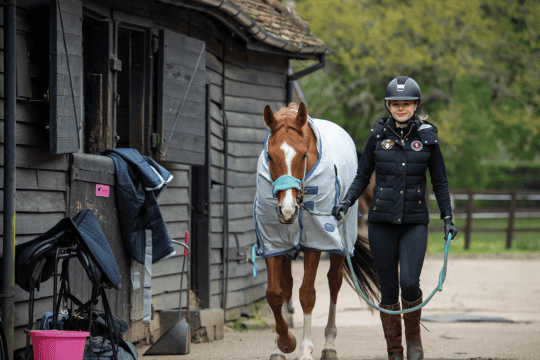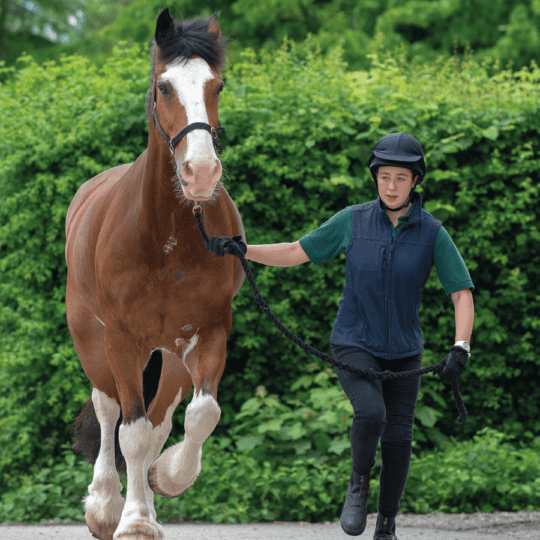Understanding your horse’s teeth
Posted 5th December 2019
What can you do to keep your horse’s teeth in good shape? Equine dental vet Sam Bescoby explains all
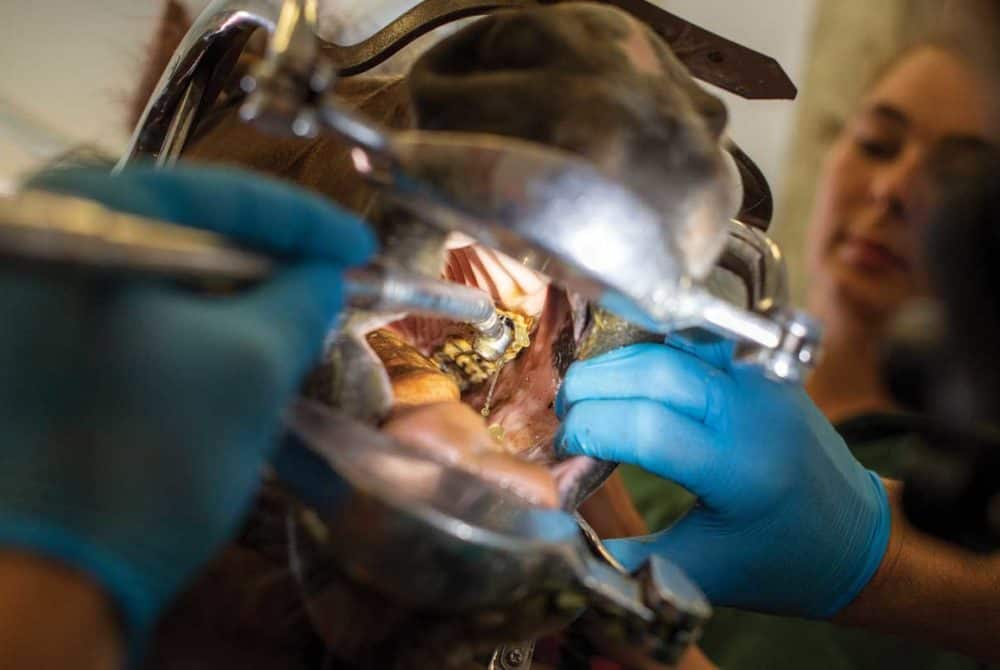
We all know how important it is to schedule our horses’ regular dental examinations – for some of us, it takes an even higher priority than our own appointments. But how much thought have you put into who carries out this work, what they’re doing, and what you should be looking out for between visits? It’s time to get the low-down, straight from the horse’s mouth.
Warning signs
Often there are no visible signs that your horse is having dental difficulties – horses are great at hiding signs of pain and the mouth is a prime example of this. However, if your horse does show signs of dental pain, they’re likely to include…
- quidding, the term used to describe food being chewed and then dropped from the mouth
- halitosis, otherwise known as bad breath
- nasal discharge, often one sided, yellow and sometimes foul-smelling
- becoming head shy or reluctant to be stroked or groomed around the face
- weight loss due to being unable to eat effectively
- resistance to being ridden, often on one rein in particular
The usual suspects
So, what can your equine dental practitioner expect to spot on a routine visit? There are a number of common findings…
periodontal or gum disease In many cases this can be excruciating for the horse. It can be caused by many factors, including the orientation of cheek teeth, systemic disease, diet and often lack of good routine dentistry
overgrowths and trauma caused by sharp teeth These are classed as disorders of wear as they result from an imbalance between the normal eruption of teeth and how they’ve worn down as the horse chews. If left for long periods, they worsen and begin to traumatise the cheeks and tongue
fractured teeth The most common fracture seen is a consequence of tooth decay. New treatments are available that allow vets to tackle decay before it leads to tooth fractures. Side effects of fractures include infections within the sinuses, which may require surgery to clear the pus. Horses rarely show symptoms, which is why it’s so important to have your horse examined at least every year to check this isn’t about to happen
Find out more about your horse’s teeth in February Horse&Rider, on sale 12 December.



